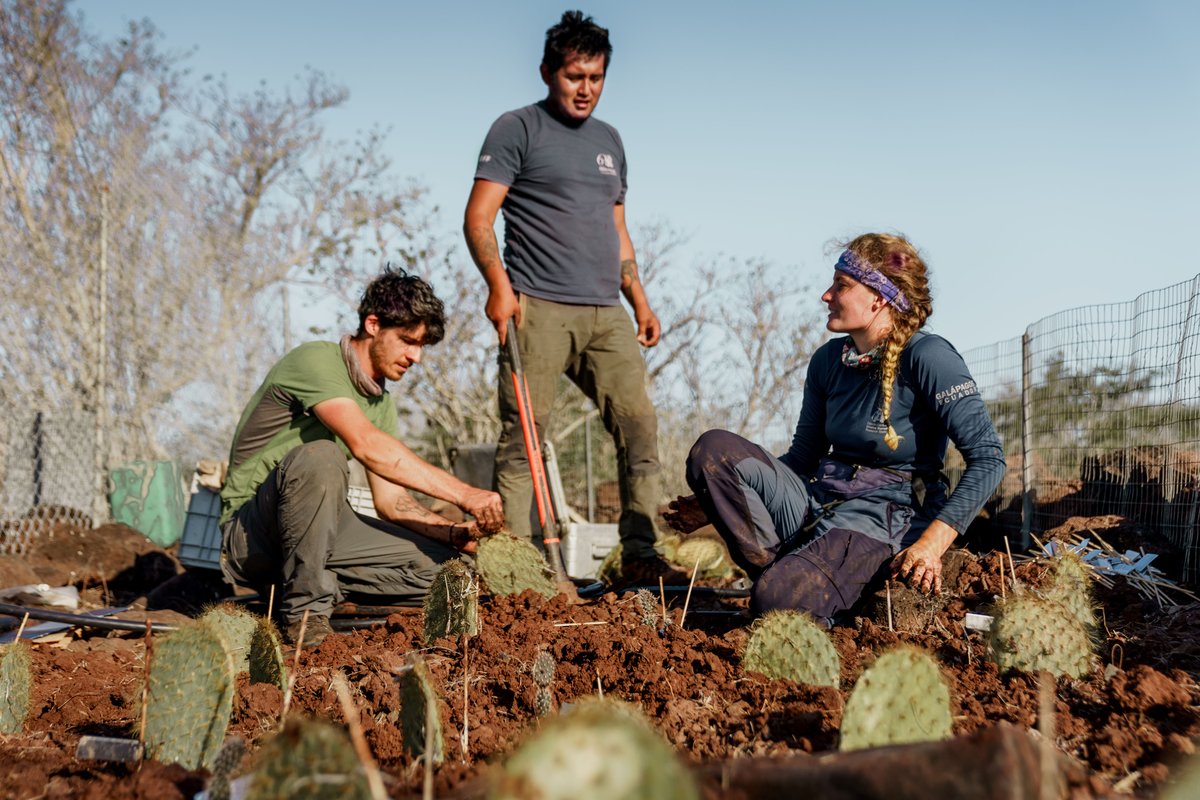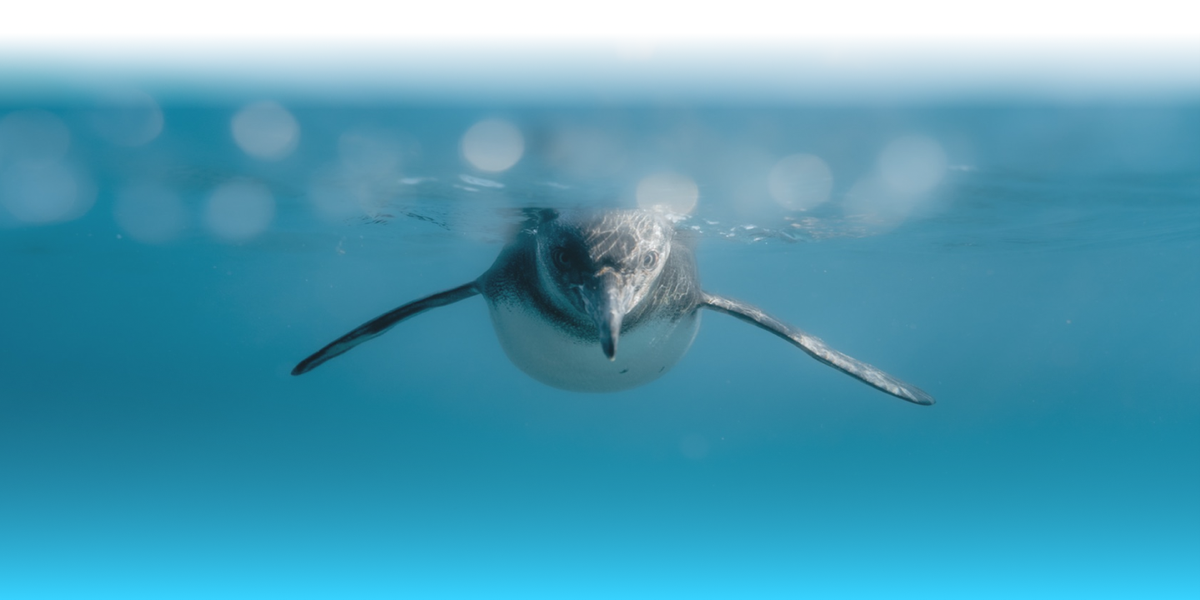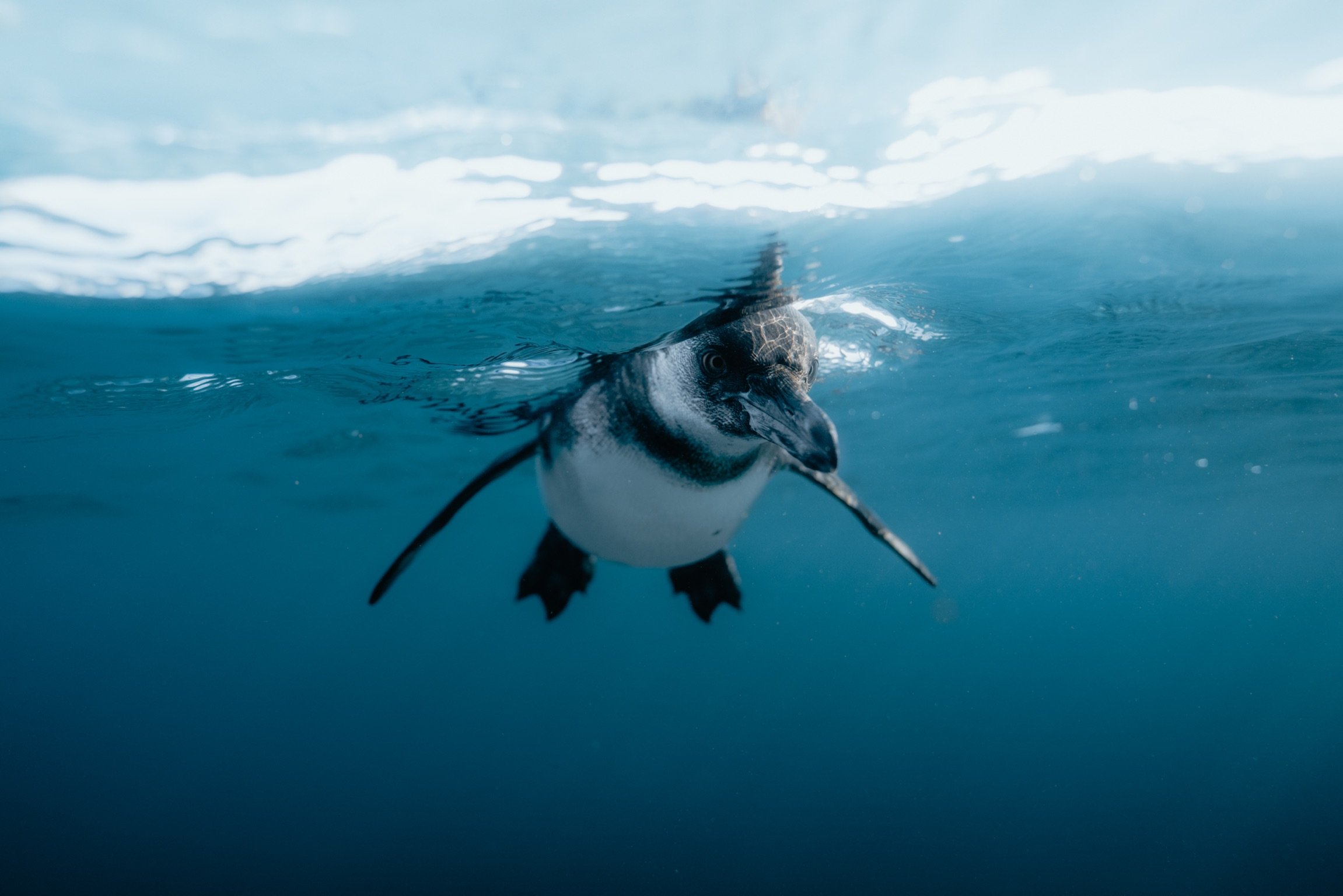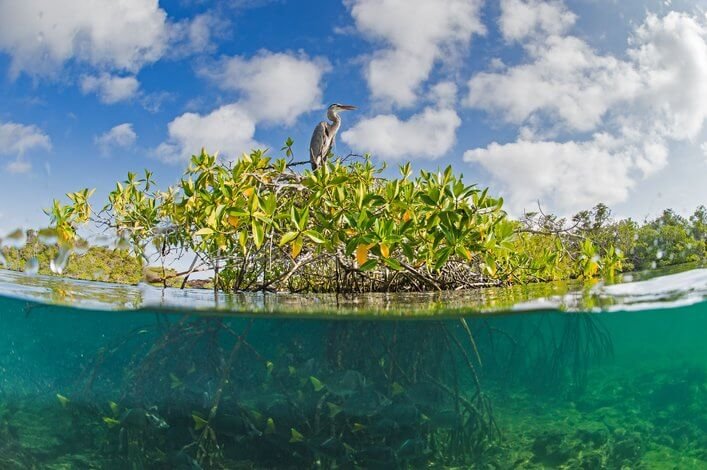
The Charles Darwin Foundation (CDF), a non-for-profit research institution that for almost 60 years has been the official scientific advisor to the Ecuadorian government, will be hosting a world-class International Climate Change Workshop at the iconic Charles Darwin Research Station. From the 25th – 29th of October leading national and international climate change experts in the areas of oceanography, climatology, marine ecology, fisheries science, socio-economic impacts and policy, will develop a long-term research agenda for climate change adaptation and mitigation for the Galapagos Marine Reserve.
Galapagos is the world’s best-preserved tropical archipelago and given its unique biodiversity is also one of the most popular wildlife tourism destinations. The Galapagos Archipelago sits at the cross-road of major cold and warm water currents, and thus hosts one of the most unique combinations of marine life that is strikingly rich and diverse. However, modelling scenarios have predicted that climate change will be devastating to the archipelago and Ecuador has defined the islands as its most vulnerable region.
“Climate change is one of the biggest threats for the conservation of the Galapagos Islands, specially their unique marine ecosystems. As the Galapagos leading research institution, one of our priorities for our future marine research agenda will be to provide the best possible knowledge to inform mitigation and adaptation actions” said Dr. Arturo Izurieta, CDF Executive director.
“The Galapagos Archipelago represents a perfect natural laboratory to predict the impacts of climate change upon marine ecosystems, as it lies at the epicentre of El Niño/La Niña cycle, which strongly influence its ocean-atmospheric and ecological systems. We can use this as an advantage point to become a reference research institution for climate change science and better inform management actions” added Dr. Pelayo Salinas de León, Senior Marine Ecologist with CDF.
In July 2017, together with the Galapagos National Park Directorate and other NGOs working in Galapagos, the CDF conducted a preliminary workshop with regional experts under the Eastern Tropical Pacific Marine Corridor Initiative (CMAR, in Spanish).
“This successful initial workshop highlighted the need for a prioritized climate change research agenda to maximize existing knowledge, fill existing knowledge gaps and optimize resources”, said Dr. Jose Marín Jarrín, Senior Fisheries Ecologist with CDF.
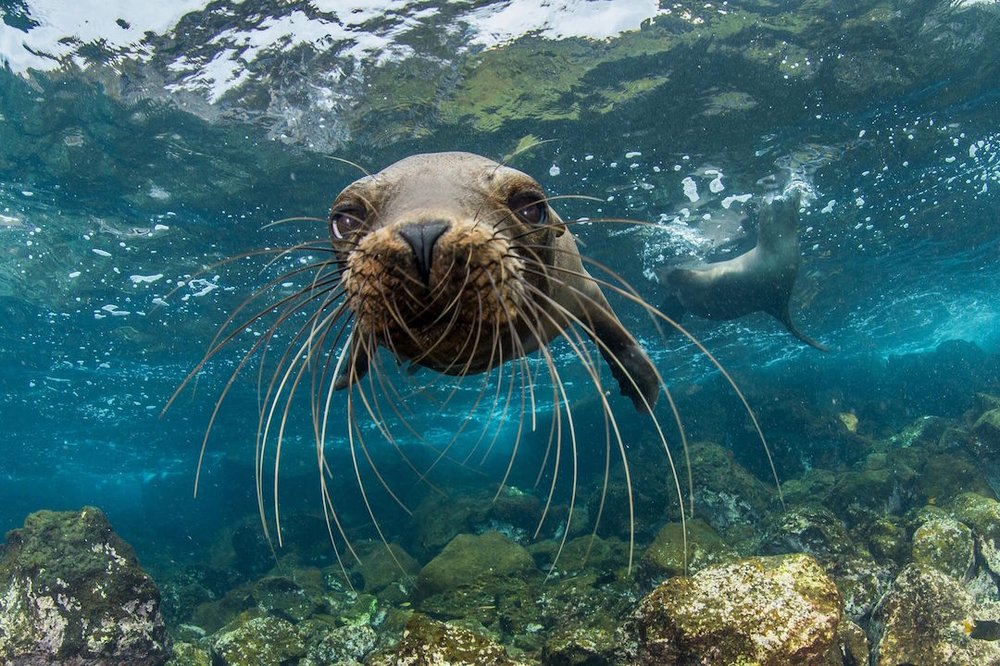
The participants of this first meeting also agreed that at present there is insufficient knowledge to predict the potential impacts of climate change on the biodiversity, society and economy of the protected areas in the region, and highlighting the need to prioritize research topics in order to maximize the limited resources.
Experts will represent 12 nationalities, including Professor Daniel Pauly, globally recognized for his work in studying human impacts on global fisheries; Professor Boris Worm, a world-reference on the effects of climate change on global marine biodiversity; Dr. Valerie Hickey, a practice manager with the World Bank; Dr. Charles Stock, a leader in the field of Geophysical Fluid Dynamics, Dr. Regina Ostergaard-Klem, an expert on the social aspects of climate change, Professor Jon Witman, who has studied the ecological effects of El Niño in Galapagos for over 15 years and Dr. Daniel Orellana, an expert on Galapagos socio-ecological systems. Contributing institutions include the Galapagos National Park Directorate (GNPD), Galapagos Governing Council (CGREG), Ecuadorian Navy’s Oceanographic Research Institute (INOCAR), Escuela Politécnica del Litoral (ESPOL) and University of Cuenca.
The morning of October 25th there will be an open session with local institutions and the general public where several experts will deliver keynote talks on the most important aspects of applied climate change research. This event will be followed by three full days of discussions and work at the Charles Darwin Research Station to elaborate a prioritized marine research agenda, scientific publications and concept proposal to secure long-term funding that will enable the implementation of these priority projects. This workshop is possible thanks to the financial support from Amy E Blackwell, through the Gerald 'Jerry' Wellington Climate Change Project, and the Helmsley Charitable Trust.
For more information about the workshop and experts see the following documents:
Galapagos Climate Change Workshop
Expert Biographies - Climate Change Workshop
Media Enquiries: cdrs@fcdarwin.org.ec, daniela.vilema@fcdarwin.org.ec
